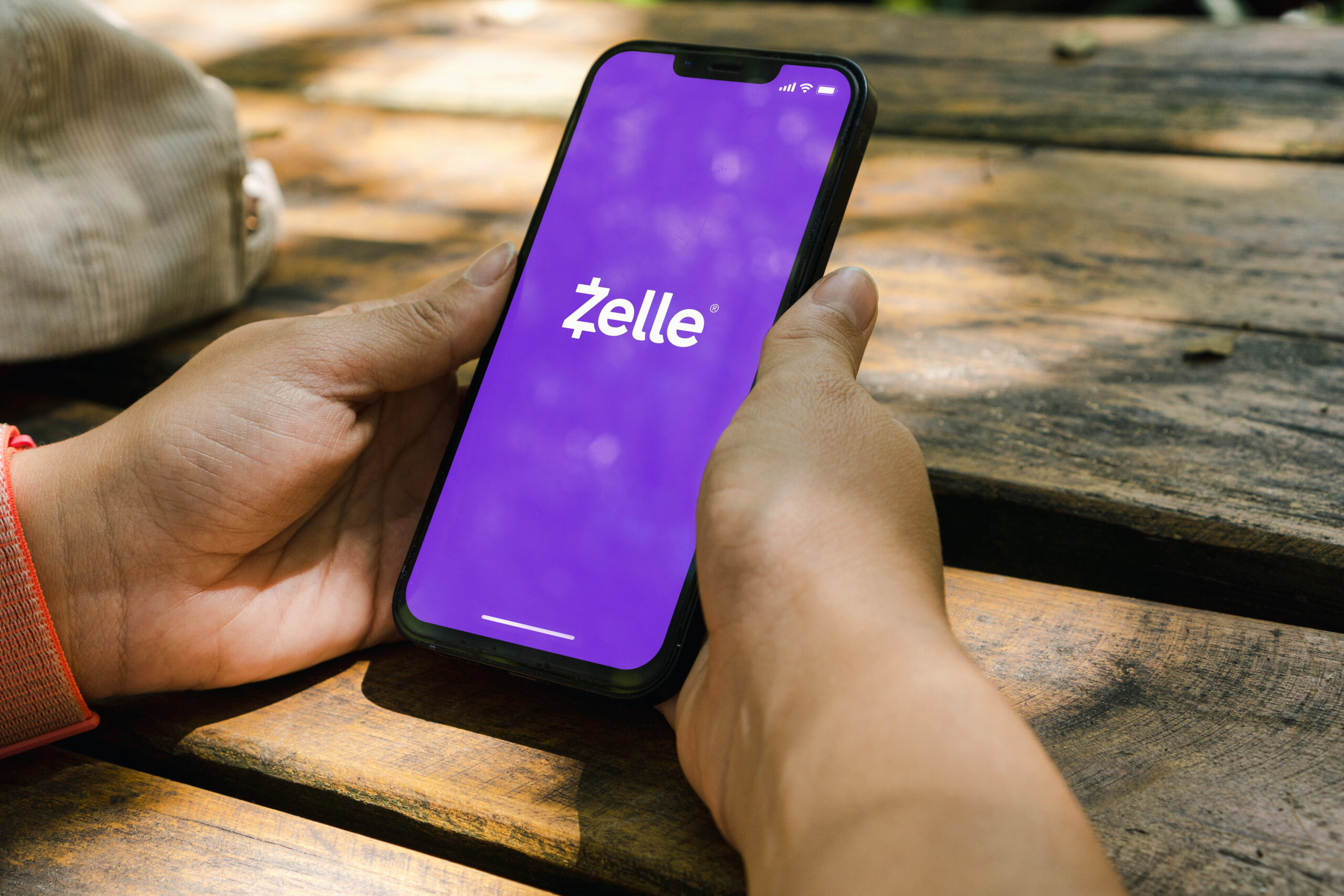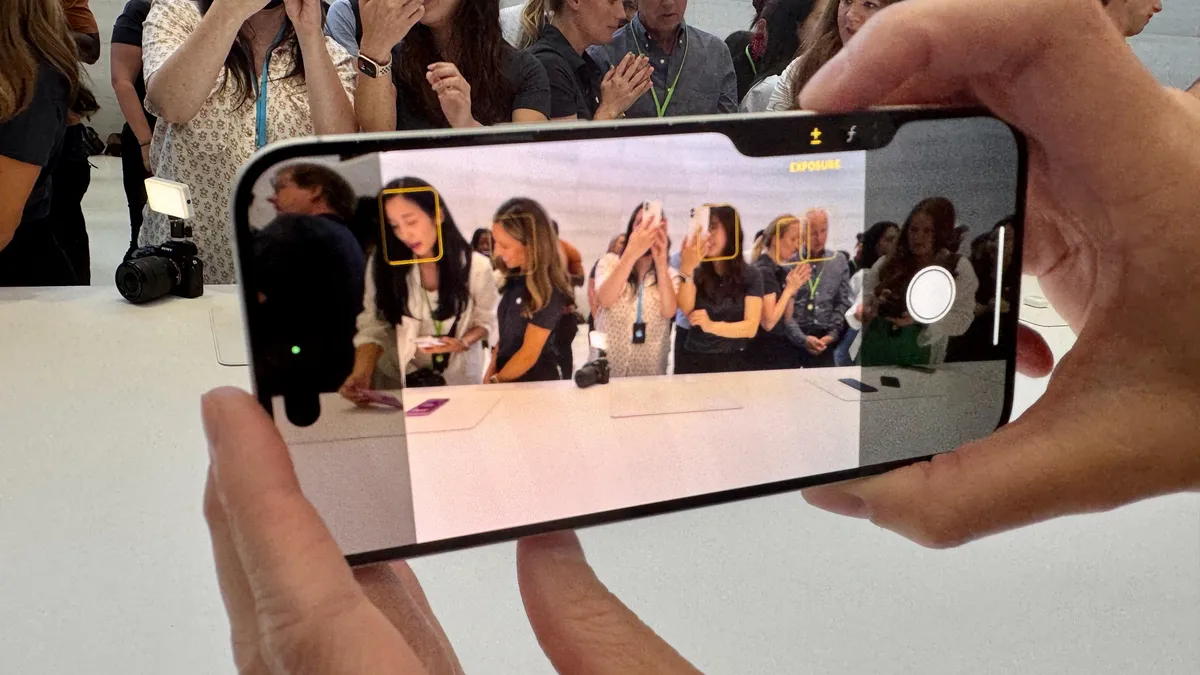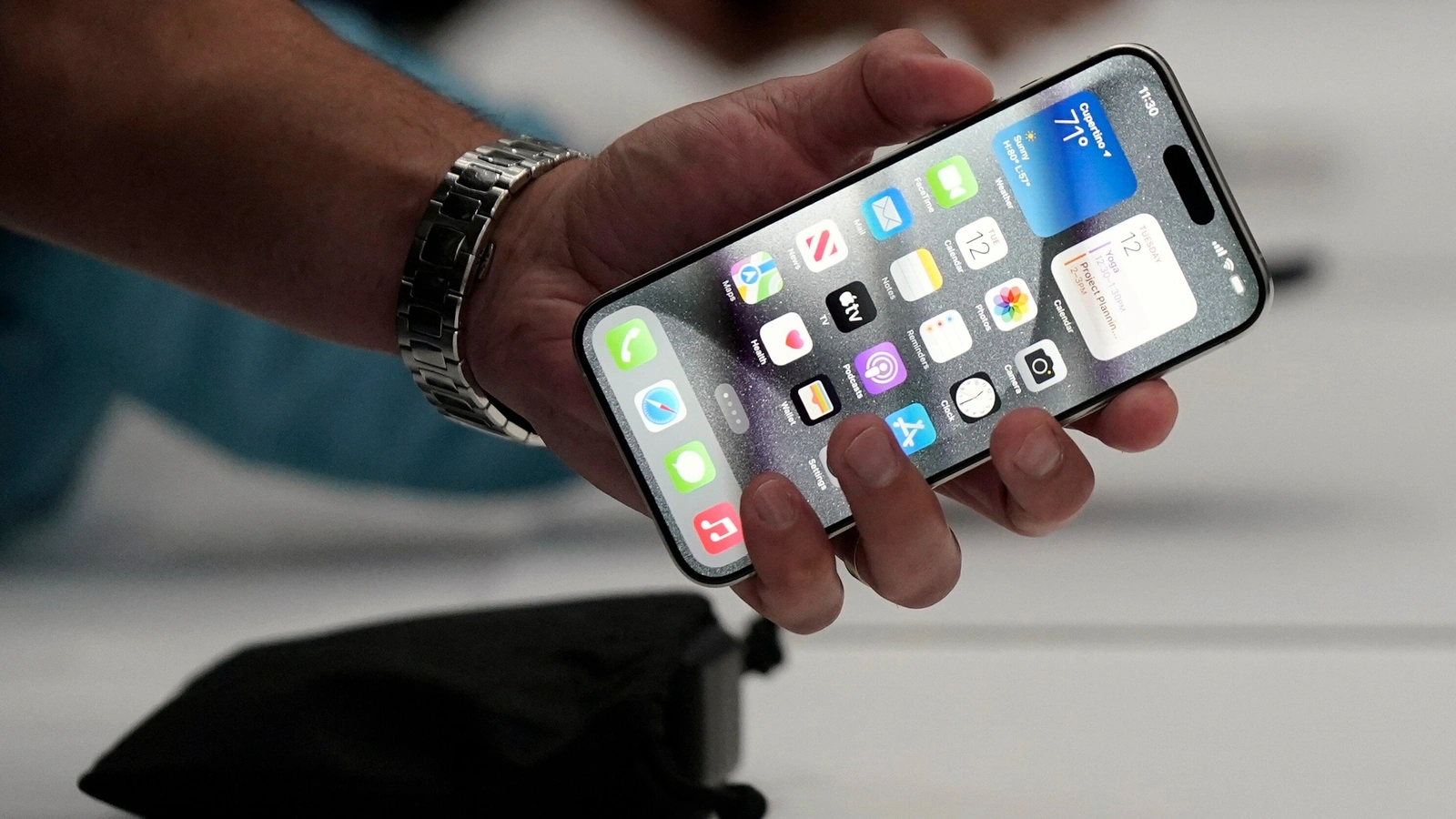Artificial intelligence (AI), once confined to the realm of science fiction, is now a tangible force reshaping the healthcare landscape. From diagnosing diseases to discovering new drugs, AI is proving to be a valuable ally for medical professionals and patients alike. This article delves into six AI applications that are already making a significant impact in the healthcare industry, highlighting their benefits and potential for further advancements.
Who is using AI in healthcare?
The adoption of AI spans a wide range of stakeholders in the healthcare ecosystem, including:
- Hospitals and clinics: Leveraging AI to improve diagnostics, treatment planning, and patient management.
- Pharmaceutical companies: Utilizing AI for drug discovery, development, and clinical trials.
- Medical researchers: Employing AI to analyze vast datasets and uncover new insights into diseases and treatments.
- Patients: Benefitting from AI-powered tools for remote monitoring, personalized medicine, and health management.
What is driving the adoption of AI in healthcare?
Several factors are contributing to the rapid integration of AI in healthcare:
- The exponential growth of medical data: AI algorithms can efficiently process and analyze massive volumes of data, extracting valuable patterns and insights.
- Advances in computing power: The availability of high-performance computing resources enables the development and deployment of sophisticated AI models.
- The need for improved efficiency and cost-effectiveness: AI can streamline healthcare processes, optimize resource allocation, and reduce costs.
- The demand for personalized medicine: AI can tailor treatments to individual patients, improving outcomes and reducing adverse effects.
When did the use of AI in healthcare begin?
The roots of AI in healthcare can be traced back to the 1970s, with the development of early expert systems for medical diagnosis. However, the recent surge in AI adoption can be attributed to breakthroughs in machine learning and deep learning algorithms in the past decade.
Where is AI being applied in healthcare?
AI is being implemented across various domains of healthcare, including:
- Diagnostics: AI-powered image analysis tools are assisting radiologists in detecting tumors, fractures, and other abnormalities with greater accuracy.
- Treatment planning: AI algorithms are helping oncologists develop personalized treatment plans for cancer patients, taking into account their genetic profile and tumor characteristics.
- Drug discovery: AI is accelerating the identification and development of new drugs by predicting their efficacy and safety.
- Remote patient monitoring: AI-enabled wearables and devices are allowing patients to track their health metrics and receive timely interventions.
- Mental health: AI chatbots and virtual therapists are providing support to individuals with mental health conditions.
Why is AI important for the future of healthcare?
AI has the potential to revolutionize healthcare by:
- Improving patient outcomes: AI can lead to more accurate diagnoses, personalized treatments, and earlier detection of diseases, ultimately saving lives.
- Enhancing efficiency and reducing costs: AI can streamline healthcare processes, optimize resource allocation, and reduce administrative burdens.
- Expanding access to care: AI-powered tools can facilitate remote consultations and telemedicine, reaching patients in underserved areas.
- Accelerating medical research: AI can analyze vast amounts of data, uncover new insights, and speed up the development of new treatments and cures.
6 AI Applications Already in Use in the Healthcare Industry
- Medical Imaging & Diagnostics
AI’s ability to analyze medical images such as X-rays, MRIs, and CT scans has transformed the field of diagnostics. Algorithms can identify subtle patterns and anomalies that might be missed by the human eye, leading to earlier and more accurate diagnoses. For instance, AI has shown remarkable proficiency in detecting lung nodules indicative of early-stage lung cancer.
- Drug Discovery & Development
The traditional drug discovery process is time-consuming and expensive. AI is expediting this process by predicting the efficacy and safety of potential drug candidates, enabling researchers to focus on the most promising compounds. AI is also being used to repurpose existing drugs for new indications, potentially saving years of development time.
- Personalized Medicine
AI is paving the way for personalized medicine, where treatments are tailored to the individual patient’s genetic makeup, lifestyle, and other factors. By analyzing a patient’s genomic data and medical history, AI can help identify the most effective treatment options and predict their likely outcomes. This approach has the potential to revolutionize cancer treatment, where one-size-fits-all therapies often fall short.
- Remote Patient Monitoring
AI-powered wearables and devices are enabling remote patient monitoring, allowing healthcare providers to track patients’ health metrics and intervene proactively when necessary. This is particularly beneficial for patients with chronic conditions, who can receive timely care without frequent hospital visits. Remote monitoring can also improve patient engagement and adherence to treatment plans.
- Mental Health
AI chatbots and virtual therapists are providing support to individuals with mental health conditions, particularly in areas where access to mental healthcare is limited. These AI-powered tools can offer 24/7 support, personalized interventions, and help reduce the stigma associated with seeking mental health treatment. While they are not a replacement for human therapists, they can be a valuable adjunct to traditional mental healthcare.
Administrative Workflow Assistance
AI is streamlining administrative tasks in healthcare, freeing up clinicians to focus on patient care. AI-powered tools can automate appointment scheduling, insurance claims processing, and medical record management. This can lead to improved efficiency, reduced costs, and enhanced patient satisfaction.
As a healthcare professional, I have witnessed firsthand the transformative power of AI. I have seen AI-powered image analysis tools aid in the early detection of cancers, enabling prompt treatment and improved outcomes. I have also observed how AI chatbots have provided much-needed support to patients struggling with mental health issues. While there are still challenges to overcome, I am optimistic about the future of AI in healthcare and its potential to revolutionize patient care.
The six AI applications discussed in this article represent just a glimpse of the vast potential of AI in healthcare. As AI technology continues to advance, we can expect to see even more innovative and impactful applications emerge. While there are ethical and regulatory considerations to address, the benefits of AI in healthcare are undeniable. AI has the power to improve patient outcomes, enhance efficiency, and make healthcare more accessible and affordable for all. It is an exciting time to be part of the healthcare industry, and I am eager to witness the continued evolution of AI and its profound impact on patient care.









Add Comment